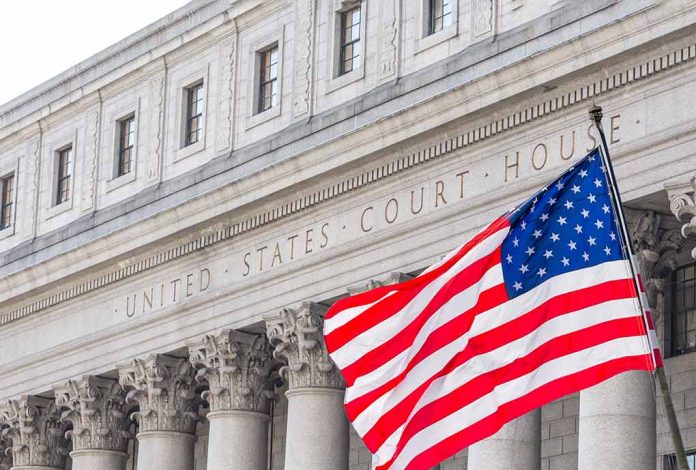
California’s law limiting firearm purchases to one gun per month has been struck down by a federal judge from the District Court for the Southern District of California. This decision was made in the case Nguyen v. Bonta, where U.S. District Judge William Hayes ruled that the law violated the Second Amendment. The law aimed to prevent straw purchases, whereby someone legally buys a gun and then passes it to a person prohibited from owning firearms.
The court granted summary judgment to the plaintiffs, declaring the restriction unconstitutional due to its lack of historical precedent. “Defendants have not met their burden of producing a ‘well-established and representative historical analogue’ to the [one-gun-a-month] law,” reads the Court’s Opinion.
Judge Hayes also stayed his decision for 30 days to allow the state time to appeal. This means Californians can currently purchase multiple firearms within a 30-day period unless new legal actions are taken.
Case Details and Stakeholder Reactions
The lawsuit was originally filed in December 2020 by individual plaintiffs, including members of the Firearms Policy Coalition (FPC), and other gun-rights advocacy groups. The case was renamed after Rob Bonta took over as California Attorney General from Xavier Becerra. Cody J. Wisniewski, FPC Action Foundation’s Vice President and General Counsel, praised the court’s decision.
“Another week, another California gun control law declared unconstitutional by a federal court,” said Wisniewski. “California’s one-gun-a-month law directly violates California resident’s right to acquire arms and has no basis in history. Given it seems certain California will refuse to learn its lesson, we look forward to continuing to strike down its gun control regime and to defending this victory.”
Legal and Constitutional Implications
The court’s ruling emphasized the absence of a historical basis for the one-gun-a-month law under the Second Amendment. This case was significantly influenced by the U.S. Supreme Court’s ruling in New York State Rifle & Pistol Association Inc. v. Bruen. This landmark decision altered the standard for evaluating Second Amendment cases by requiring laws to have a historical precedent.
California’s state government defended the law as a necessary measure to prevent gun trafficking and manage unprecedented social issues not envisioned during the Founding or Reconstruction eras. However, the court determined that the state’s arguments lacked historical support and consequently failed to justify the restriction.
Future Prospects and Public Opinion
This ruling is one among several that have questioned the constitutionality of California’s stringent gun control measures. The Firearms Policy Coalition continues to spearhead efforts to challenge similar laws, indicating that the legal battle over gun rights in California is far from over.
The Court instructed the parties to file a proposed judgment within seven days and temporarily stayed the enforcement of the judgment to facilitate an appeal. This ongoing legal effort signifies the complexities involved in balancing public safety with constitutional rights.
The decision has triggered varied responses. Some residents and firearm advocacy groups celebrate the increased freedom to acquire firearms, while others express concern over the impact on public safety. Taken together, these discussions underscore the broader national debate on gun control and Second Amendment rights.














